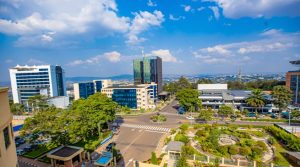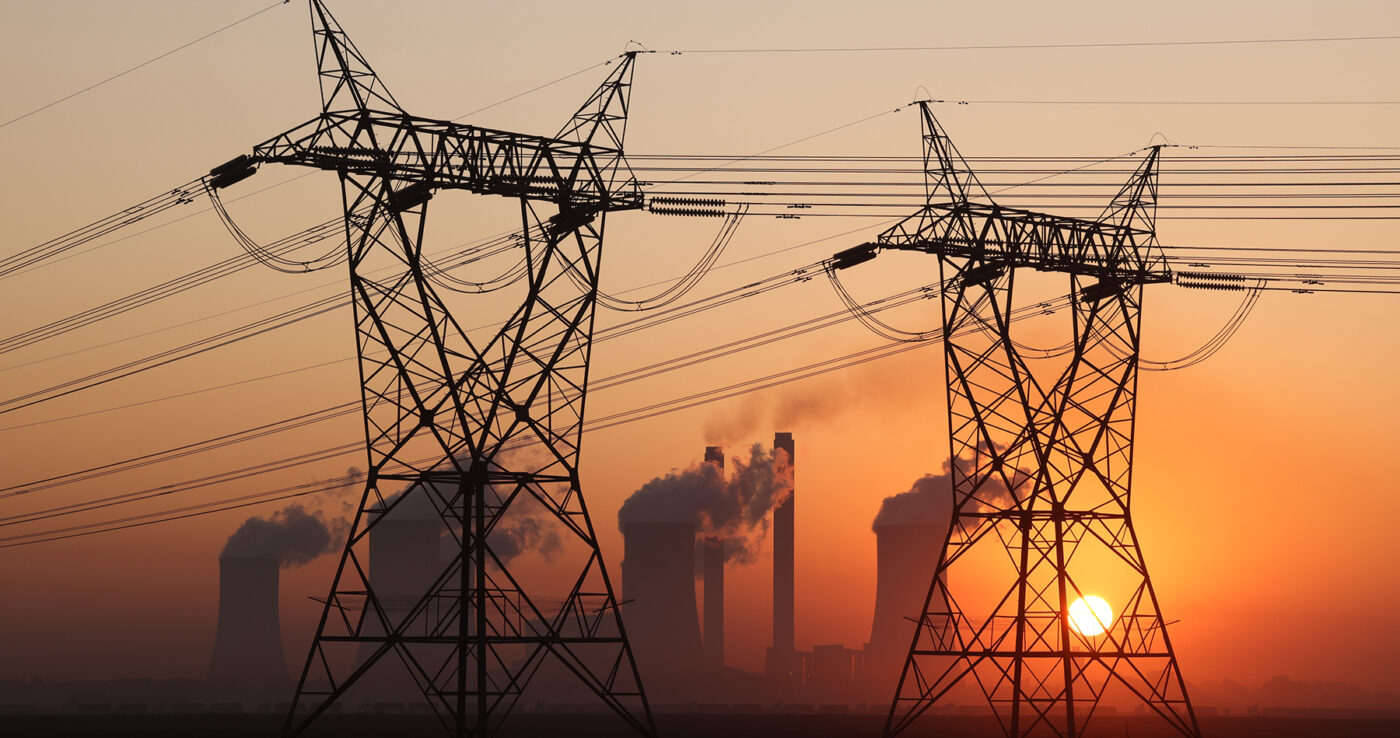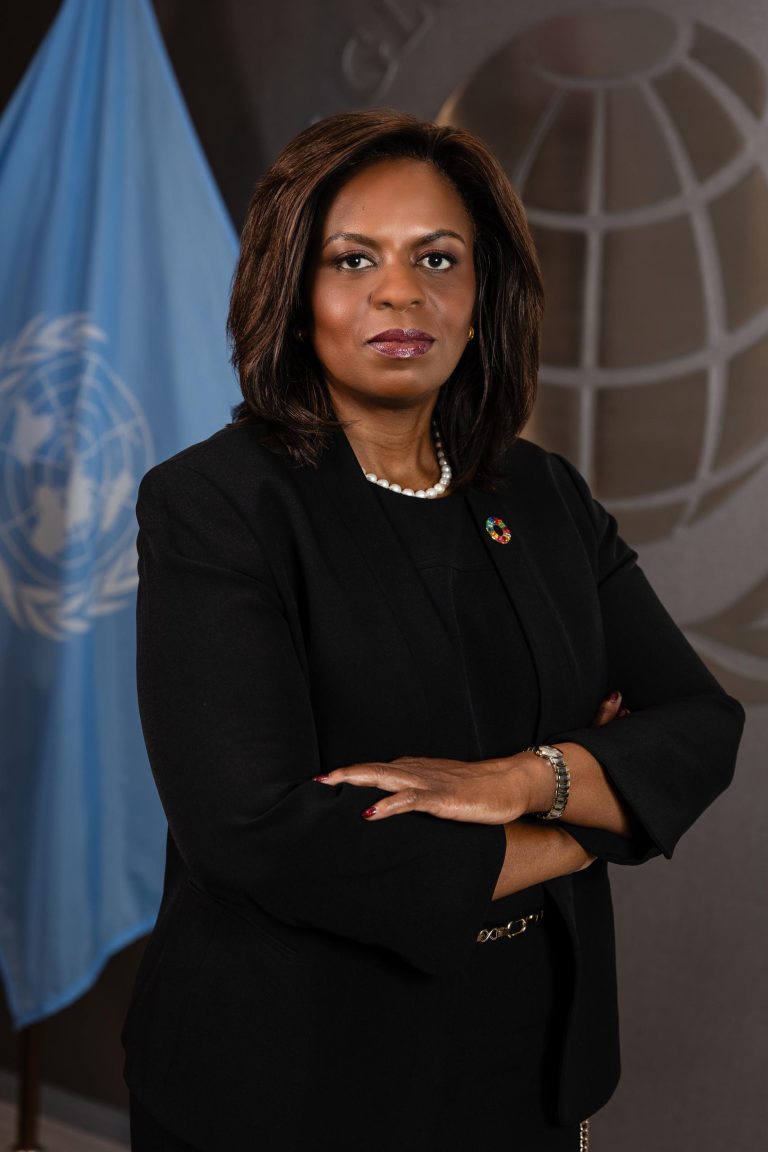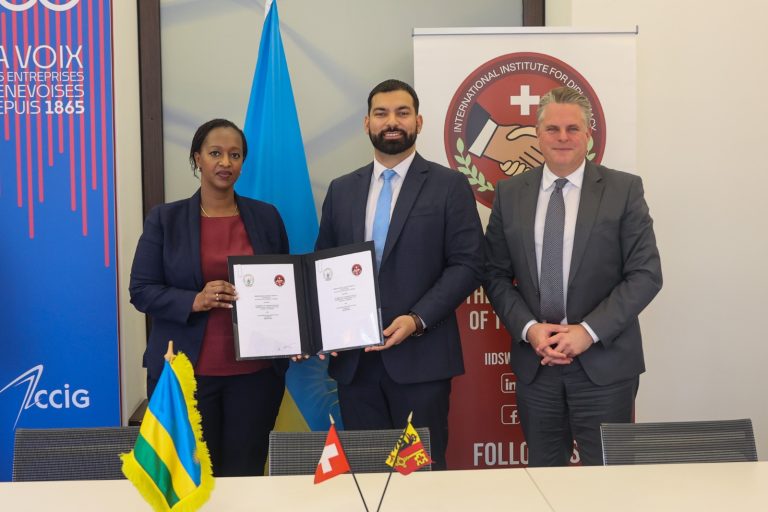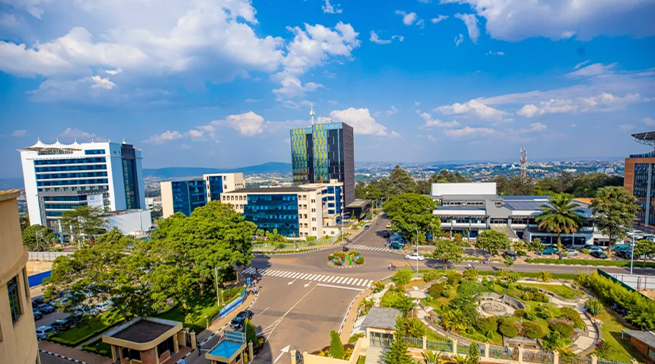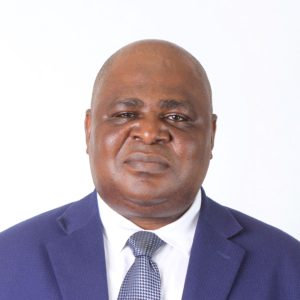Kigali, Rwanda – 07/09/2025 – As Africa navigates the dual challenges of expanding energy access and transitioning to cleaner sources, the “Africa Energy Investment Playbook” emerges as a critical guide for investors, project developers, and policymakers. The report underscores the vast, untapped potential of the continent’s energy market, while also highlighting the significant investment gaps that must be addressed to meet the 2030 energy and climate goals.
With 600 million Africans still lacking access to electricity, the report emphasizes the urgent need for reliable power supplies to fuel future development. Although the continent holds an estimated 60% of the world’s solar potential, Africa only receives a meager 2% of global clean energy investment, a stark contrast that highlights the challenges and opportunities within the African energy landscape.
Key Insights from the Playbook
- Untapped Potential: Africa’s electricity sector presents enormous potential, both in underserved countries where access remains low and in more developed markets struggling with frequent power outages due to demand exceeding supply.
- Transition Beyond Greenfield Projects: Scaling electricity access requires a comprehensive approach that includes building new renewable energy projects and retiring/replacing existing coal and oil-fired power plants with cleaner alternatives.
- Concentrated Investment Flows: Funding tends to favor countries with predictable returns, stable policy environments, and robust financial systems, such as South Africa, Egypt, Morocco, Kenya, and Nigeria.
- Risk Mitigation and Financing Tools: Less developed markets struggle to attract capital due to higher risk profiles. Expanding the use of blended finance, guarantees, reinsurance, and structured procurement mechanisms could de-risk projects and diversify investment destinations.
- New Financing Models: To unlock Africa’s full potential, more financial instruments must be mobilized, including green bonds, sustainability-linked bonds, and carbon credit markets.
Funding Challenges
The report also explores the funding landscape, noting that while renewable energy projects are typically financed by the private sector globally, public financing remains dominant in Africa. Private capital is often stymied by political, legal, and economic risks. China has been the largest source of funding for African power projects since 2000.
Regional Highlights
The playbook dives into specific regional markets, highlighting both challenges and successes:
- Nigeria: Despite ongoing challenges stemming from partial privatization and corruption, Nigeria remains a top performer in terms of attracting funding.
- Egypt: Despite political upheaval, Egypt has significantly expanded its renewable sector, largely thanks to Gulf-based funding.
- South Africa: As the continent’s strongest performer in investment terms, South Africa has seen major surges in solar investment after deregulation in 2023.
- Morocco: While attracting strong investment, Morocco continues to rely significantly on coal.
- Kenya: A leader in geothermal energy with abundant domestic resources.
Alternative Investment Models
The report suggests that a range of instruments could help improve the risk-return profile of energy projects, from green and sustainability-linked bonds to carbon credits, syndication, and pooled investment platforms.
2025-2030 Outlook
As Africa moves toward its 2030 energy and climate goals, stakeholders should focus on replicating successful models from leading markets, including the use of public-private partnership structures and targeted off-grid private sector funding. Markets with emerging investment potential, such as Zambia, Ghana, and Mozambique, are gaining traction, supported by growing public sector backing and auction-led procurement frameworks.
The report notes the importance of blended finance, carbon credit trading, and structured green bond programs in unlocking private capital at scale, underscoring the need for collaboration across the investment value chain to reach energy goals.









